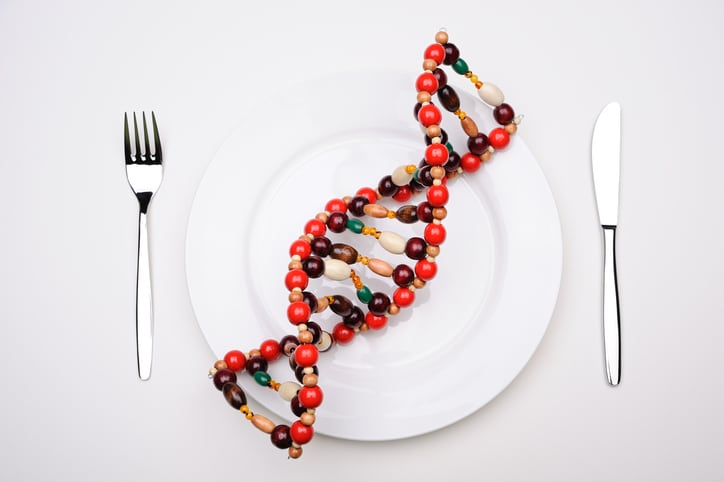Whilst 1 in 2 Brits say that eating the correct amount of fibre and plants are important for their gut health, the reality is that staggeringly, less than 14% are actually eating the recommended amount of plant items a week. This is perhaps not surprising when only 13% of respondents knew that they should be aiming for 30 plant items a week to maintain a healthy gut, and 9 out of 10 Brits don’t know the correct amount of fibre to consume in their daily diet.
In order to maintain good gut health, the goal is diversity. Of the six main plant groups: fruits, vegetables, wholegrains, legumes (beans and pulses), nuts and seeds and herbs and spices, it is recommended that we eat 30 different plant items a week. Despite there being a vast list of items that come under the plant category, cost (29%) time (24%) and not liking the taste of plant items topped the reasons that Brits don’t consume their suggested weekly quota.
The confusion doesn’t just lie in making the connection between plants and fibre and gut health. Less than one in five (19%) understand the difference between health benefits of prebiotics and probiotics, with almost 40% of respondents incorrectly identifying yoghurt as a prebiotic source, when it is in actual fact yoghurt is arguably the most well known probiotic further highlighting the confusion within the gut health space. Probiotics and prebiotics are both big topics in nutrition. Even though they sound similar, the two play different roles in your health. Put simply, prebiotics are a type of fibre that the human body cannot digest, they act as food for probiotics, also known as good bacteria.
Less than one in five (16%) Brits consider eating the right amount of prebiotics as important to their gut health. Prebiotics feed probiotics, and the more diverse they are, the better. The more they munch, the more they thrive, which means better health and a happier gut.
The study also revealed the lack of knowledge surrounding symptoms of poor gut health. Whilst irregular bowel movements, and bloating were recognised widely, interestingly a third of respondents weren’t able to recognise that sugar cravings, poor mood or trouble concentrating were also symptoms of poor gut health.
Kara Landau, Prebiotic Dietitian at Gut Feeling Consultancy and nutrition advisor to the Global Prebiotic Association. commented on the research: “It is interesting to see the total lack of awareness that seems to be so prevalent when it comes to gut health space. If people aren’t aware of how much fibre or plant items they are meant to eat, nor the difference between prebiotics and probiotics, how can they make healthy choices? Learning the correct food habits to adopt can make a real difference to your health, and doesn’t need to be complicated, or expensive. If people understood the importance of prebiotics over probiotics in their diet, that would help their gut health enormously.”
Allowable health claims hindering marketing?
Are allowable health claims restricting what food brands can say on labels? Or is there more going on?
“I certainly believe that the restraints currently in place on food companies that prevent them from having the opportunity to promote and educate about their gut healthy beneficial ingredients will be impacting the ability of the consumers to start to understand the true benefits they can receive from incorporating specific prebiotic and probiotic ingredients in their diets,” Landau told FoodNavigator.
"As an example, in the region, there is only one prebiotic (a chicory root inulin) that has been approved to be promoted on food and beverage packages as a prebiotic, however as we look around the world both in regards to the scientific literature as well as the food industries in different countries, we can see clearly that there are more prebiotic ingredients that warrant the ability to be able to be promoted by the brands who are choosing to do the right thing and incorporate diverse prebiotics which ultimately is known to be even more beneficial than incorporating a singular ingredient.”
MOJUs new gut health shot for example ran a clinical trial on a unique prebiotic blend. “Yet the main message that can be shared comes down to the inclusion of a singular ingredient, the chicory root fibre, as opposed to the incredible variety they have carefully formulated with for their customers benefit, including prebiotic resistant starches from green banana powder, and soluble prebiotic fibres from baobab, acacia fibre amongst others.”
There will be ‘huge value to population health’ by working with the food industry to support more progressive education on the benefits of different gut health ingredients, she stressed. “This in turn will create a thriving ecosystem between a healthier food supply, more innovations, and ultimately a healthier population who understands and feels empowered to look after themselves.”





